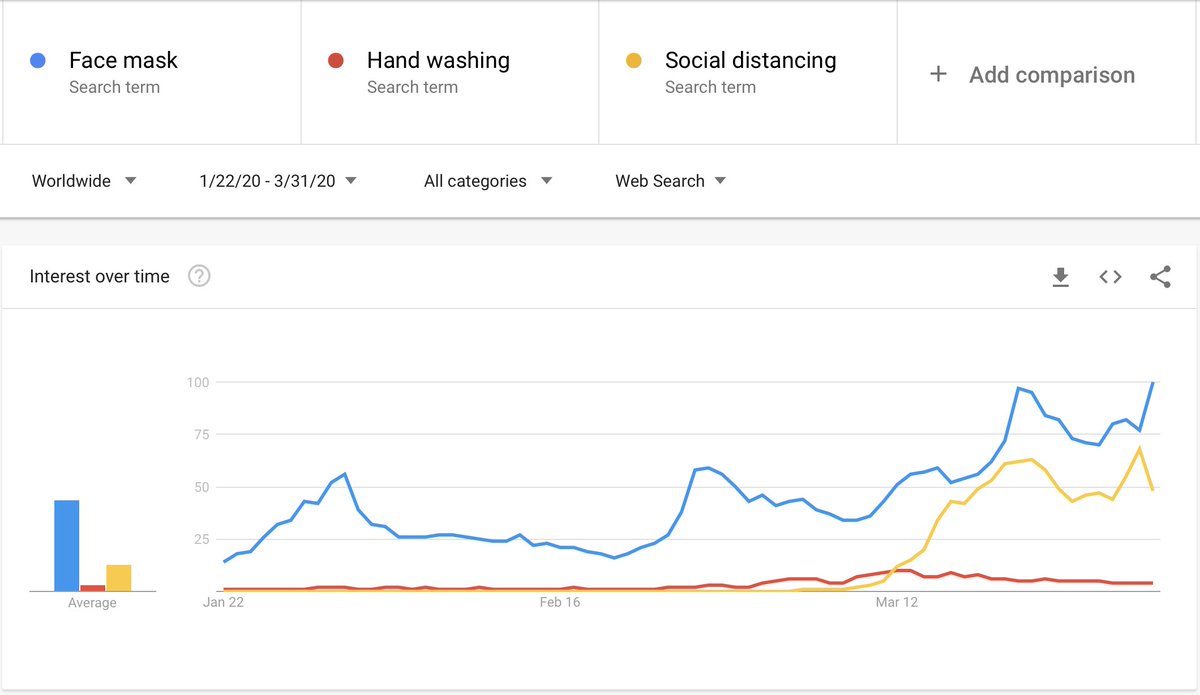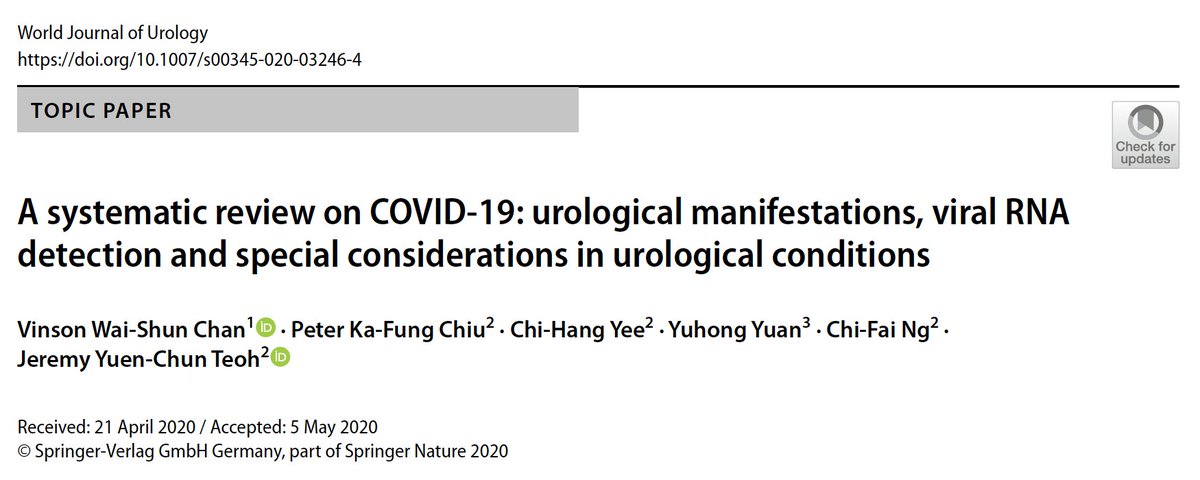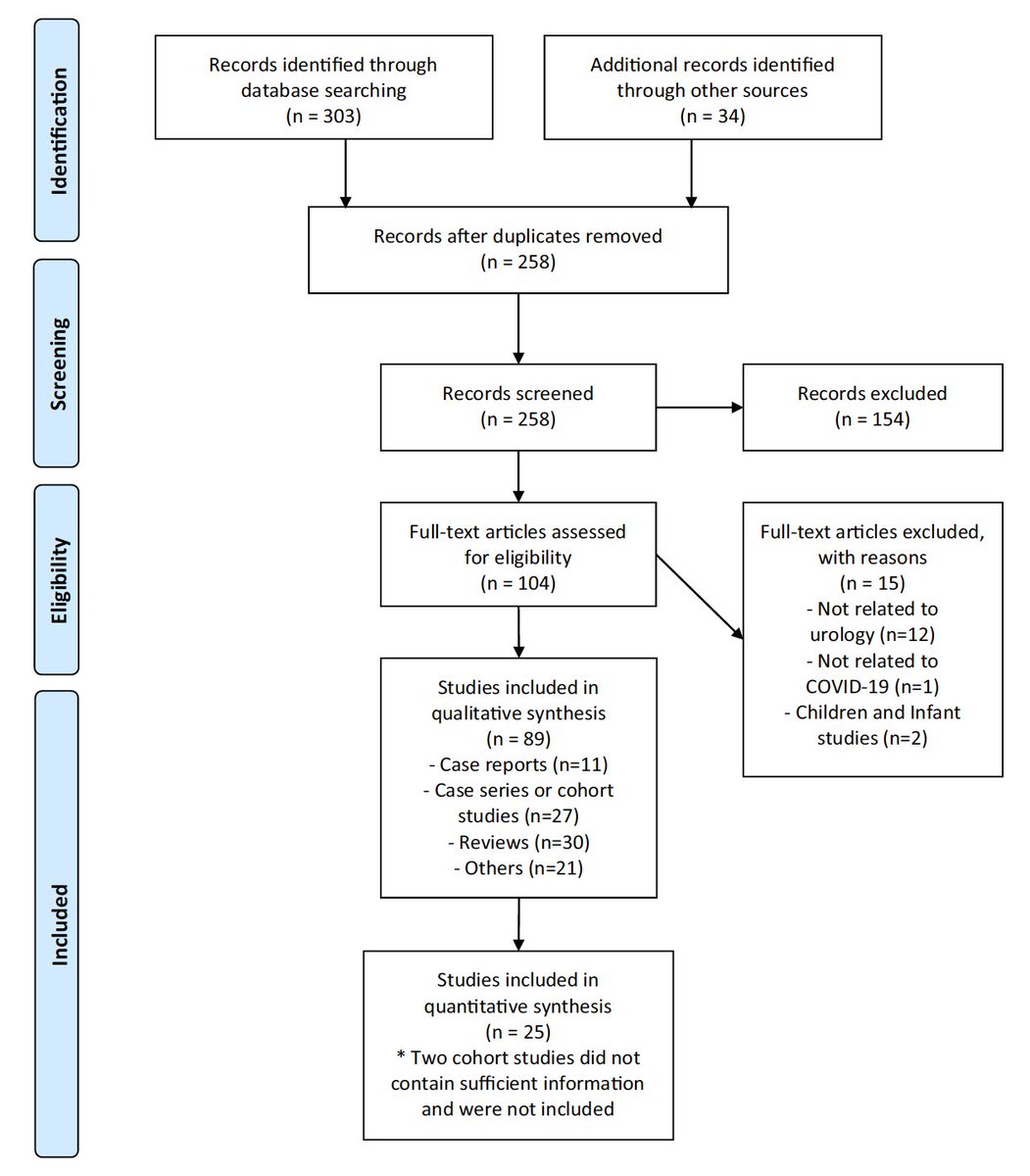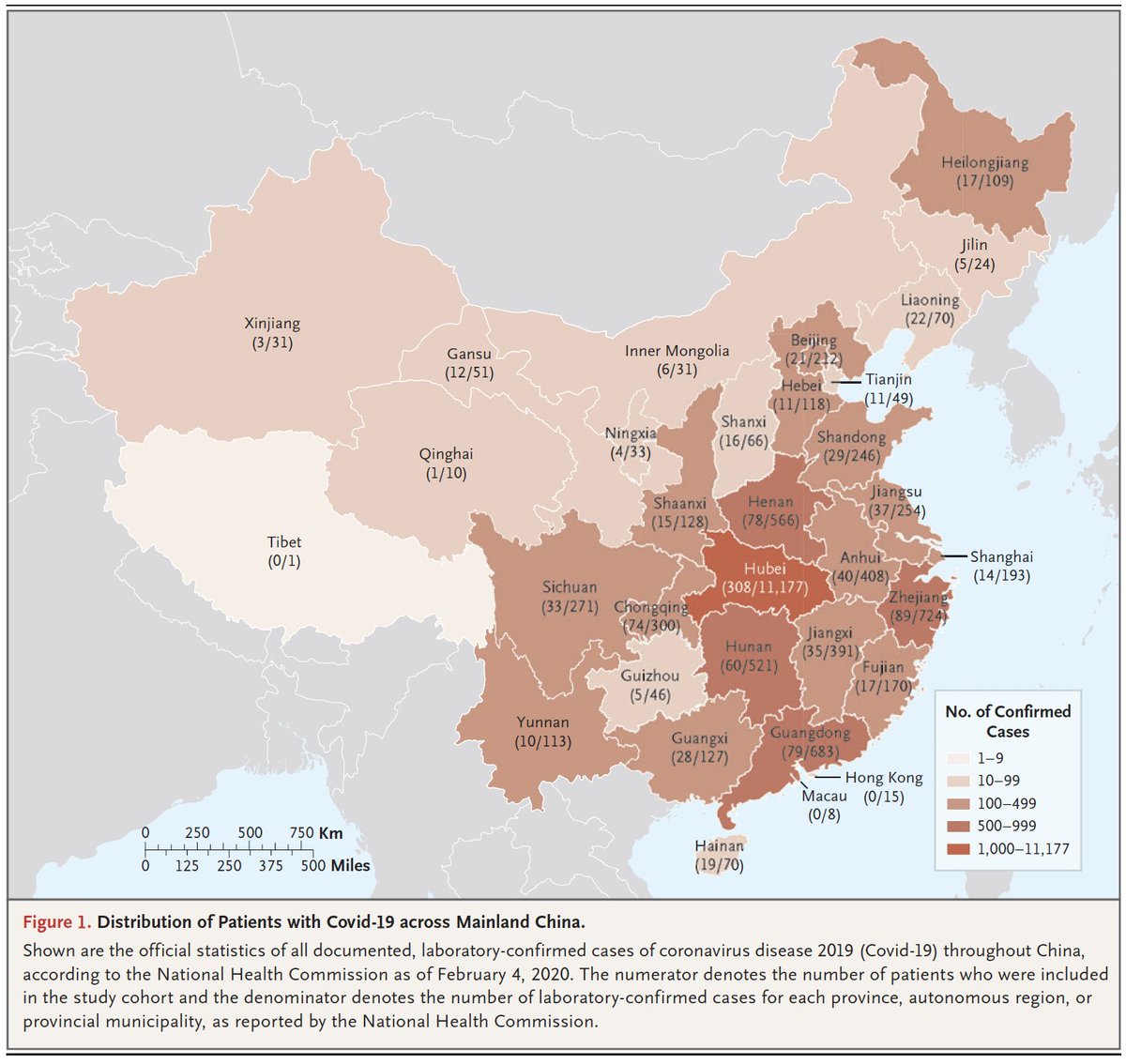
The global survey investigating the psychological health of surgeons in the time of COVID-19 was finally published @AnnalsofSurgery! It is a combined effort from the whole #SoMe4Surgery community. @CUHKMedicine @NUSMedicine (1/n) journals.lww.com/annalsofsurger… 

This is an international cross-surgical specialty survey. A total of 4283 participants from 101 countries responded within 15 DAYS. This will NEVER be successful without the strong support from the surgical community aka #SoMe4Surgery established by @juliomayol! (2/n)
The survey was developed using a modified Delphi method. There were 66 questions in total, including the DASS-21 (Depression, Anxiety and Stress Scale) and IES-R (For post-traumatic stress disorder) scores. (3/n)
COVID-19 had a huge psychological impact on surgeons!
- 32.8% were screened positive for depression
- 30.8% for anxiety
- 25.9% for stress
- And 24% for post-traumatic stress disorder! (4/n)
- 32.8% were screened positive for depression
- 30.8% for anxiety
- 25.9% for stress
- And 24% for post-traumatic stress disorder! (4/n)
Respondents who knew someone who died of COVID-19 were more likely to be screened positive for depression, anxiety, stress and PTSD. Similarly, respondents who knew someone diagnosed with COVID-19 were more likely to be screened positive for depression, stress and PTSD. (5/n)
Among the different surgical specialties, Neurosurgery, Ophthalmology and Cardiothoracic Surgery seemed to be more affected. Females and younger respondents were also more likely to be screened positive for depression, anxiety, stress and PTSD. See Appendix for more info! (6/n)
In summary, surgical personnel demonstrated noteworthy levels of psychological trauma in the battle against COVID-19. Surgeons are humans, and we MUST take special attention to the possible development of psychological disorders in long run! (7/7)
Thank you all once again! @BariatricsSo @BreastMe4 @SEndocrine @SoMe4endoscopy @Me4Ped @RashidLui @drsling @DocGauhar @wroclawski_uro @UroZedman @a_rizalhamid @shomik_s @ytanidir @zainaladwin @Ric_Campi @JGomezRivas @AmandaSJChung @diegocarrionm @fraesperto List not exhaustive!!
Please unroll @threadreaderapp
• • •
Missing some Tweet in this thread? You can try to
force a refresh






















